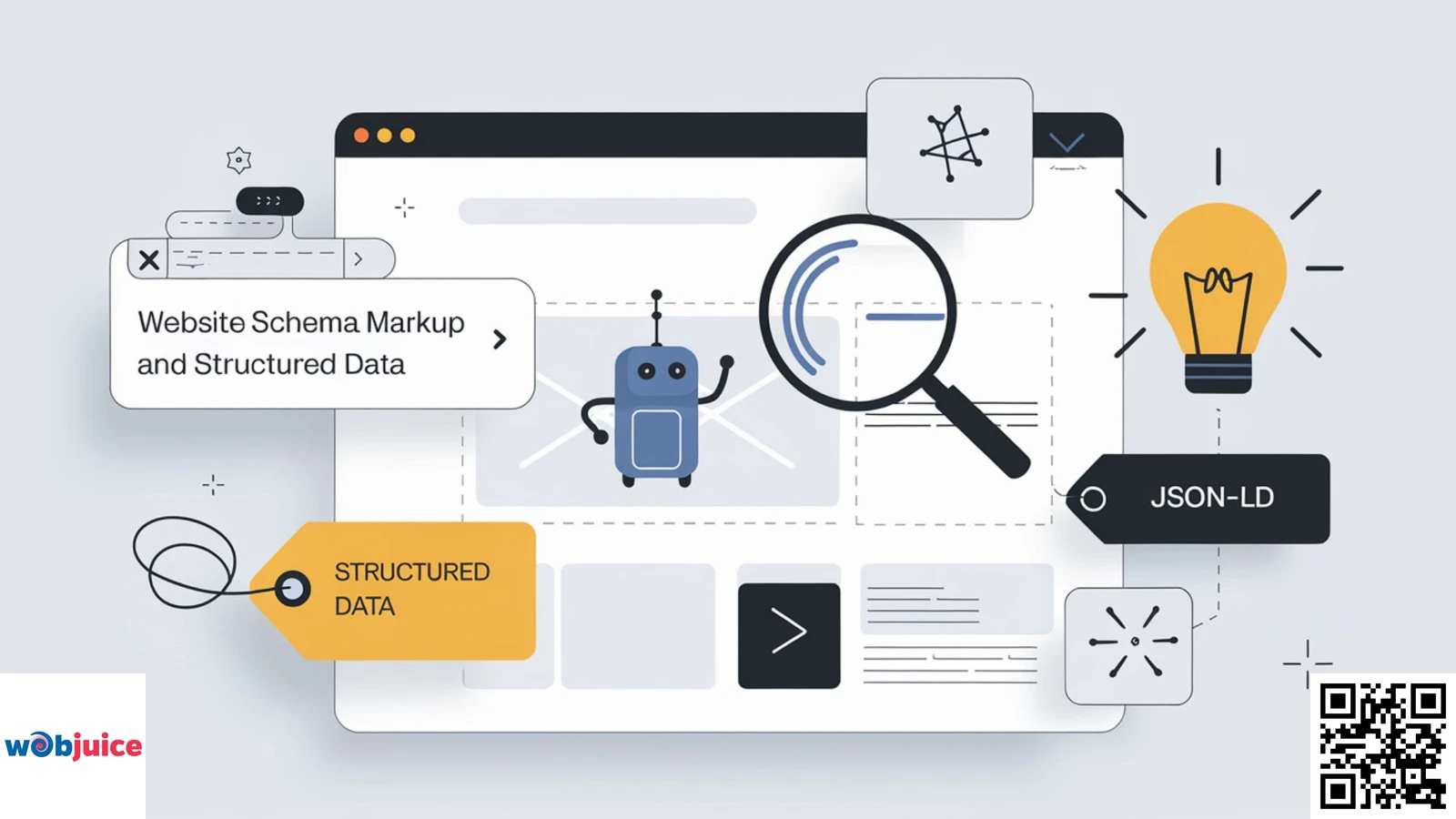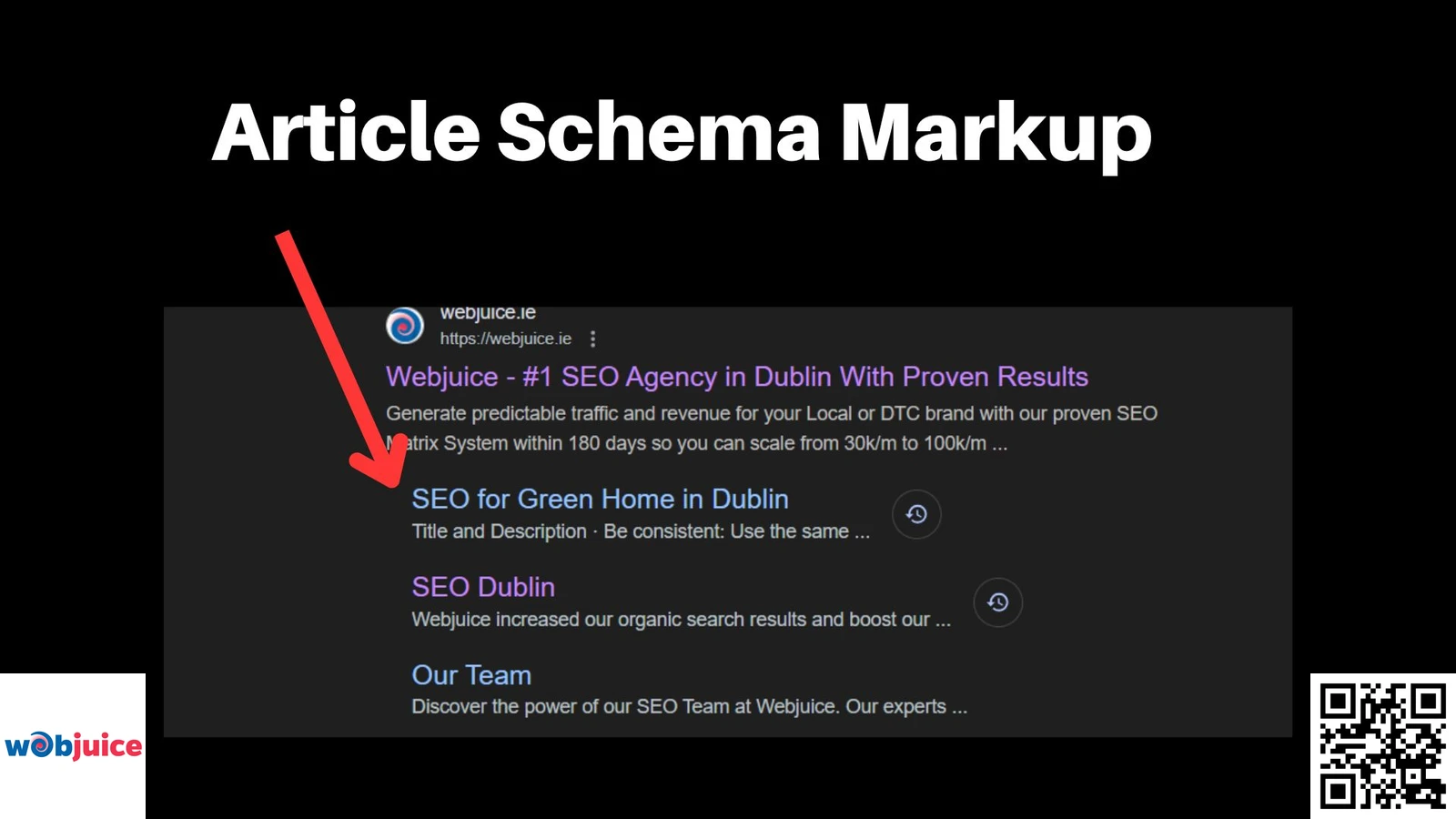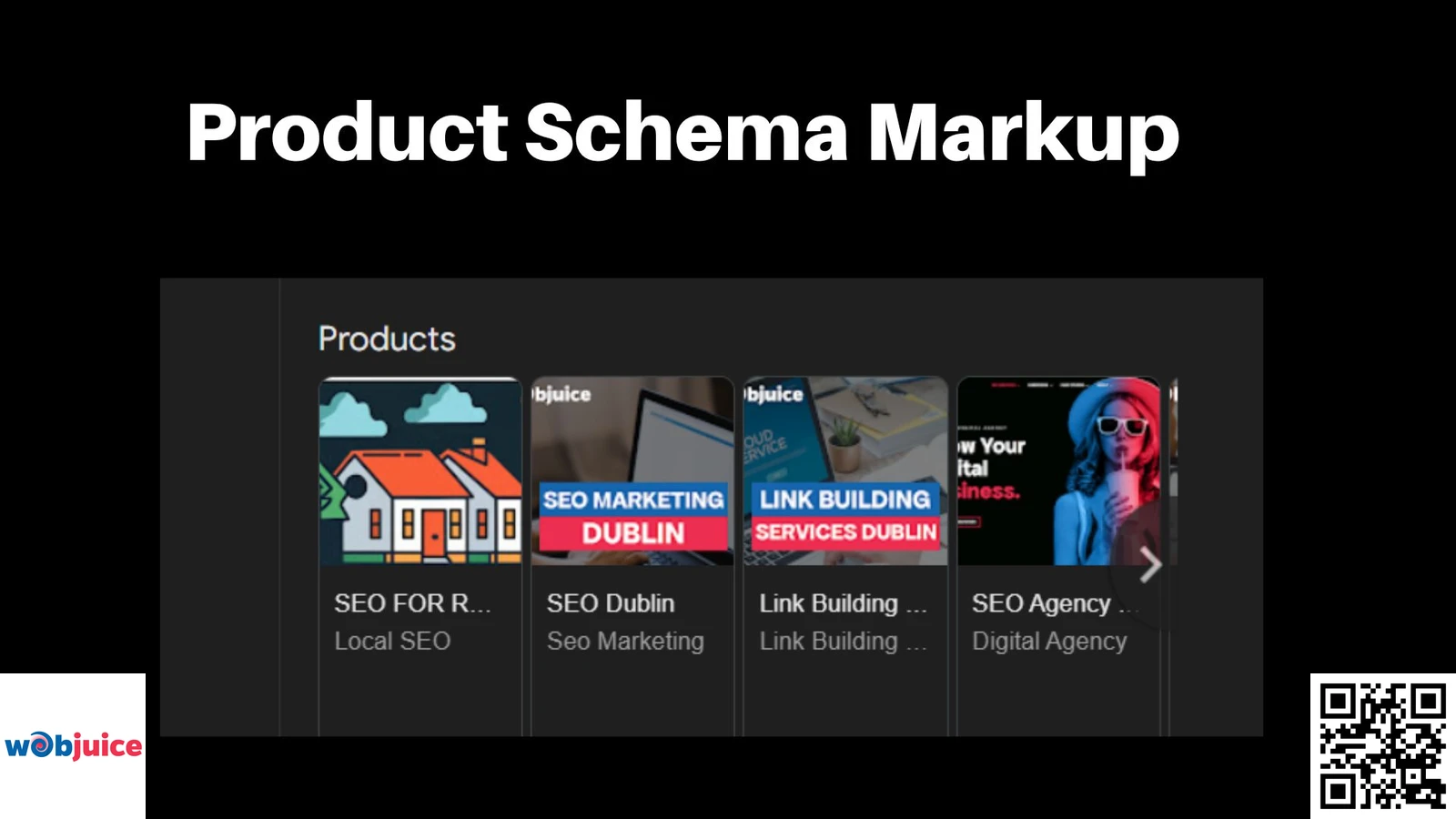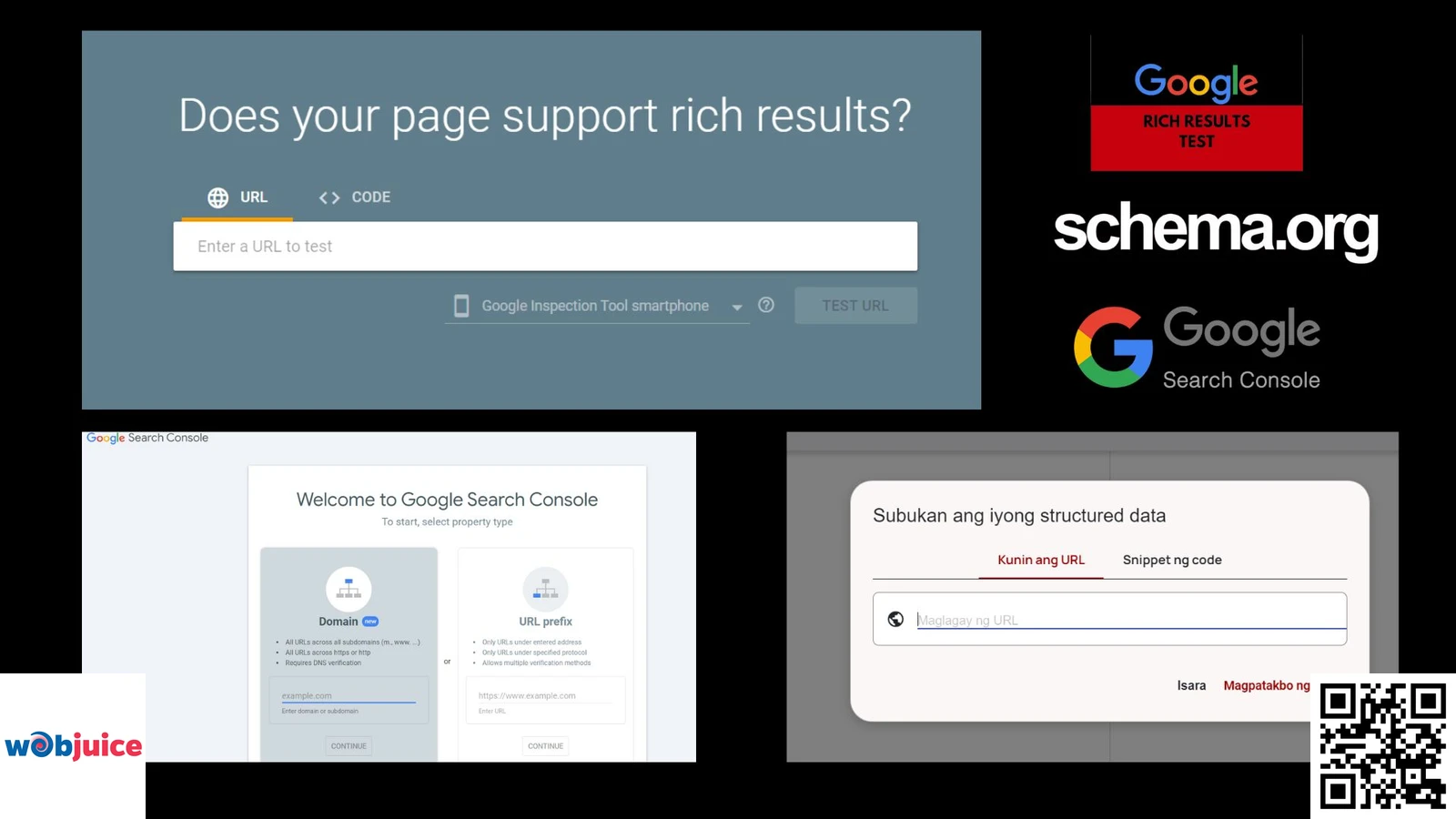In the fiercely competitive digital landscape, simply creating excellent content is no longer enough. To truly stand out and capture valuable organic traffic, your website must communicate clearly with search engines. This is where schema markup and structured data become your most powerful technical SEO allies. Acting as a universal translator for your content, schema markup is a specific code vocabulary that you add to your website’s backend. It provides explicit context and meaning, going beyond the visible text to tell search engines exactly what your content represents—be it an article, an event, a product, or a local business. By implementing this organized data framework, you transform how search engines like Google crawl, index, and, most importantly, display your pages in search results. The direct benefit is the coveted rich snippets—enhanced search listings that feature star ratings, event dates, product prices, and FAQ accordions. These visually compelling results dramatically improve click-through rates (CTR), boost user engagement, and build trust by delivering immediate, relevant information. This guide will demystify schema markup, exploring its critical benefits and the most impactful types like Article, Event, and Product schema, and provide a clear roadmap for correct implementation and validation. Embracing structured data is not just an advanced SEO tactic; it is a fundamental step towards superior online visibility and a stronger connection with your target audience.
Key Takeaways
- Schema markup is a type of code. It helps search engines understand what is on a website. This can make the site show up better in search results. It also supports good technical SEO practices.
- Schema markup improves how search engines read your website’s information. It uses organized data types like Article, Event, and Product schema. This helps search engines understand specific content.
- JSON-LD is the best way to use schema markup because it is simple and easy. It is important to test your schema markup to find mistakes and make sure it works well in search results. In the future, schema markup will probably be important for website improvement.
What Is Schema Markup?
Schema markup helps search engines to understand the content of a website better.
It uses structured data to add extra details about your content.
This makes it simpler for search engines to read and organize your information.
Schema markup helps connect your website to search engines.
Using schema markup is an important step in technical SEO.
When you use schema markup, you are using a standard set of words.
This set of words describes and sorts the parts of your content.
These parts include articles, events, products, and reviews.
Benefits of Structured Data
Structured data gives search engines clear details about your content.
Structured data helps your site be easier to crawl and index.
This raises your chances of showing up in rich snippets.
Rich snippets increase the number of clicks on your site.
Users like results that are clear and attractive.
They are more likely to click on your link instead of others.
This makes it simpler for search engines to read and understand your content.
Types of Schema Markup
Article Schema Markup, Event Schema Markup, and Product Schema Markup help make search engine results better.
These markups give search engines important information.
This brings more visitors to your site.
Article Schema Markup
Article schema markup is a way of organizing data that helps search engines understand your articles better.
It makes your site more visible in search results by sharing important details about your articles.
This markup has information such as headlines, authors, publication dates, and images.
Search engines use this info to make rich snippets.
These snippets are better titles and descriptions that appear in search results.
They grab attention and help get more clicks, bringing more visitors to your site.
Using article schema markup can boost your site’s trustworthiness and follow SEO best practices.
You can use JSON-LD, Microdata, or RDFa formats to add this markup to your pages.
Google’s Structured Data Markup Helper makes it easier.
Good, clear content that is well-organized and uses the right schema markup has a higher chance of ranking well.
When you use article schema markup, you will notice a big improvement in your website’s performance.
Event Schema Markup
Event schema markup is a tool that organizes data.
It helps search engines understand information about events on websites.
It shows important details like event names, dates, locations, and ticket availability.
Using event schema markup the right way makes the user experience better.
When you add event details, rich snippets can show up in search results.
Event schema markup helps websites get noticed in local searches.
For local events, this markup makes it easy for people nearby to find them.
Search engines often favor sites that use structured data, giving them an advantage.
Product Schema Markup
By using product schema, your items can show important details in search results.
Product schema markup helps search engines understand your product better.
It is a type of code you add to your website. This can lead to higher clicks and sales.
Product schema markup includes details like the product name, price, availability, and reviews.
Search engines use this information to make rich snippets.
These improved listings can show star ratings, prices, and stock status.
They help your products stand out and build trust with customers.
Implementing product schema is easy.
You can use tools like Google’s Structured Data Markup Helper to make it simpler.
Just be sure to follow Schema.org‘s rules for the best results.
How to Implement Schema Markup
Start by finding the right schema types for your website’s content.
This could be articles, products, or events.
You can check out Schema.org to see the choices.
Choose a way to implement it. You can use JSON-LD, Microdata, or RDFa.
People often recommend JSON-LD because it is simple and easy to use.
After you choose your format, create the right markup for your content.
Add the useful properties and values.
Create your schema markup. Then add it to the HTML of your web pages.
You can put it in the section or right in the body.
This depends on the format you choose.
Testing and Validating Structured Data
Use tools that you have to check your structured data. Fix any errors they find.
Don’t forget other key parts of the site structure.
XML sitemaps are a great example.
Fix all structural problems.
This will make your website easier to see.
You will get better search rankings after that.
Tools for Testing
Google’s Rich Results Test, Schema Markup Validator, and Google Search Console are important tools.
These tools help ensure that your website’s structured data works well.
Google’s Rich Results Test checks if a URL or code snippet works well with Google’s rich results.
It provides fast and simple feedback to help find issues.
The Schema Markup Validator checks that your structured data follows the rules of Schema.org.
For a complete analysis, Google Search Console gives information about structured data.
It checks different parts of site health and gives a clear view of SEO performance.
Having these tools available improves your SEO work and helps keep your schema markup correct on your website.
Common Validation Errors
Website owners often face problems when they test their structured data.
Missing required properties, wrong schema, bad URLs, and incorrect dates are common mistakes.
Search engines may not understand the content well when these mistakes happen.
Each schema type needs certain properties to work well.
Skipping these makes the structured data not valid.
It is important to know the latest guidelines to avoid using old schema types.
Invalid URLs and wrongly formatted date fields lead to many problems.
Non-standard date formats can cause misunderstandings.
Always look at URLs to make sure they are absolute and easy to use.
Properly structuring JSON-LD or Microdata is very important.
Even small mistakes in the syntax can cause problems with validation.
Fixing these common issues improves how well-structured data works.
Future Trends in Schema Markup
Rich snippets will provide more features.
This will result in better click-through rates and user engagement.
Using schema markup now will place your website ahead of these changes.
Adding website breadcrumbs can also help users and search engines learn more about your site structure.
Artificial intelligence and machine learning will change how search engines read schema.
Voice search will become more popular.
Changing your schema for voice searches will be important.
Investing in schema markup is a smart choice for your future.
With expert SEO help, you can handle these changes well.
FAQ
Get detailed, SEO-friendly answers to the most common questions about implementing schema markup to boost your search visibility and earn rich snippets.
What exactly is schema markup, and why is it so important for SEO?
Schema markup is a standardized vocabulary of code (structured data) that you add to your website’s HTML. It acts as a high-precision label for your content, telling search engines the specific meaning and context of the information on your page—whether it’s a product price, an event date, a recipe, or an article’s author.
Its importance for SEO cannot be overstated. By providing this explicit clarity, you help search engines understand and categorize your content more accurately, which directly increases your chances of earning rich snippets or enhanced search results. These improved listings, which can display ratings, prices, and other key data directly in the search results, significantly boost click-through rates (CTR), drive more qualified traffic, and establish greater trust with users, giving you a powerful competitive edge.
What are the main types of schema markup I should prioritize for my business website?
Prioritizing the right schema types depends on your content, but three are universally powerful for most businesses:
- Article/Blog Post Markup: Essential for publishers and blogs. It highlights your headline, author, publish date, and featured image, helping your content stand out in news and article searches.
- Product Markup: Critical for e-commerce. It displays price, availability, review ratings, and SKU directly in search results, which can dramatically increase conversion rates from organic search.
- Local Business Markup: A must for brick-and-mortar businesses. It reinforces your Name, Address, Phone Number (NAP), opening hours, and geo-coordinates, which is vital for local SEO and appearing in Google’s Local Pack.
Implementing these core types addresses fundamental user search intents—finding information, purchasing, and locating a business—making them the highest-return starting points.
What is JSON-LD, and why is it recommended as the best format for schema?
JSON-LD (JavaScript Object Notation for Linked Data) is a lightweight, code-based format for implementing schema markup, and it is the format explicitly recommended by Google.
Its superiority lies in its simplicity and maintainability. Unlike older formats (Microdata, RDFa) that interweave code within your HTML elements, JSON-LD is typically placed as a single script block in the <head> of your page. This separation makes it easier to write, update, and debug without risking the integrity of your page’s visual layout.
For SEO professionals and developers, this means cleaner code, faster implementation, and reduced risk of errors, leading to more reliable indexing by search engines.
How can I test my schema markup to ensure it’s correct and error-free?
Testing and validation are crucial steps. Fortunately, Google provides free, powerful tools:
- Rich Results Test: This is the primary tool. You can paste a URL or your code snippet directly to see if it generates a valid rich result preview. It identifies errors and warnings specific to how Google interprets your markup.
- Schema Markup Validator (by Schema.org): This tool checks your markup for general syntax compliance with the official Schema.org vocabulary.
- Google Search Console: Under the “Enhancements” report, it provides a dashboard view of all structured data found across your site, showing item counts and any critical errors that need fixing.
Using these tools in combination ensures your markup is both technically correct and optimized for maximum visibility in Google Search.
Will implementing schema markup directly improve my search rankings?
Schema markup is not a direct ranking factor in the traditional sense, like backlinks or content quality. Google has stated it does not use schema data as a direct ranking signal.
However, it is an incredibly powerful indirect ranking booster. By enabling rich results, your listing becomes more prominent and attractive, which leads to a higher CTR. Search engines often interpret a higher CTR as a strong sign of relevance and quality, which can positively influence your rankings over time.
Furthermore, by making your content infinitely easier for search engines to understand and classify, you improve its chances of being matched accurately to relevant queries. Think of it as giving your content the best possible chance to be seen and clicked, which in turn fuels the performance metrics that search algorithms value.
Summary
Core Function: Schema markup is a foundational code that clarifies your website’s content for search engines, directly enhancing technical SEO and visibility.
Primary Benefit: It unlocks rich, eye-catching results (rich snippets) in SERPs, leading to higher click-through rates and increased organic traffic.
Critical Implementation: Utilizing the recommended JSON-LD format and rigorously testing your markup with tools like Google’s Rich Results Test are non-negotiable steps for success.
Future-Proofing: As search evolves with voice search and AI, a robust schema markup strategy positions your website for sustained relevance and competitive advantage.
Integrating schema markup is no longer optional for a cutting-edge SEO strategy; it is imperative. From improving crawl efficiency to securing premium real estate in search results, structured data delivers a clear return on investment. By meticulously applying the relevant schemas—Article, Event, Product—you provide the precise signals search engines need to match your content with user intent. Begin by auditing your key pages, implement markup incrementally, and validate meticulously. This proactive investment in your website’s technical framework will solidify your search presence, drive meaningful engagement, and ensure your digital assets perform at their peak both today and as search technology advances. Start structuring your data now—it is the definitive step to making your website not just found, but chosen.










